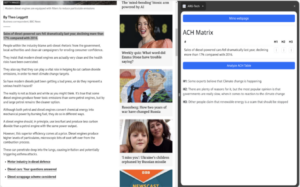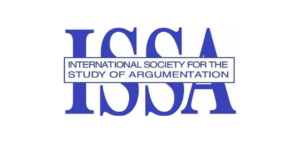The lack of impartiality is increasingly used as an argument to attack the credibility of news media outlets, as well as to undermine the trustworthiness of fact-checkers. The impartiality of news, regardless of the source, in a polarized social media world, is not common ground knowledge, but it constitutes a standpoint that has to be constantly argued for. To evaluate the impartiality of news making and news checking is, however, first necessary to define its meaning when applied to the journalism practice.
This is not an easy task. Across dictionaries and lexical databases, impartiality is defined as a normative principle, without taking into account the domain. The Cambridge English dictionary, for example, defines impartiality as “The fact of not supporting any of the sides involved in an argument”. Framenet, a lexical database based on frame semantics, defines the frame of (im)partiality as “This frame has to do with the bias or lack of bias of a Judge making an assessment concerning two or more sides”. But how many sides are there in the news-making process? What are the biases that a journalist/fact-checker might encounter?
In the Networked Society, news-making/checking is a process ultimately aimed at gaining /verifying the acceptance of a certain interpretation of a news event. To put it in argumentative terms, it is “a discourse aimed at convincing a reasonable critic of the acceptability of a standpoint by giving reasons that justify the standpoint” (Van Eemeren & Grootendorst, 2004). In other words, news-making/checking are decision making processes that have to be continuously negotiated with a wider audience. But what steps have to be taken to guarantee impartiality in news/making/checking? Is there a standard definition or is it possible to build one? To answer these questions, we investigated how different stakeholders (news media agencies, fact-checking organizations, scholars, and practitioners) conceive and talk about impartiality.



